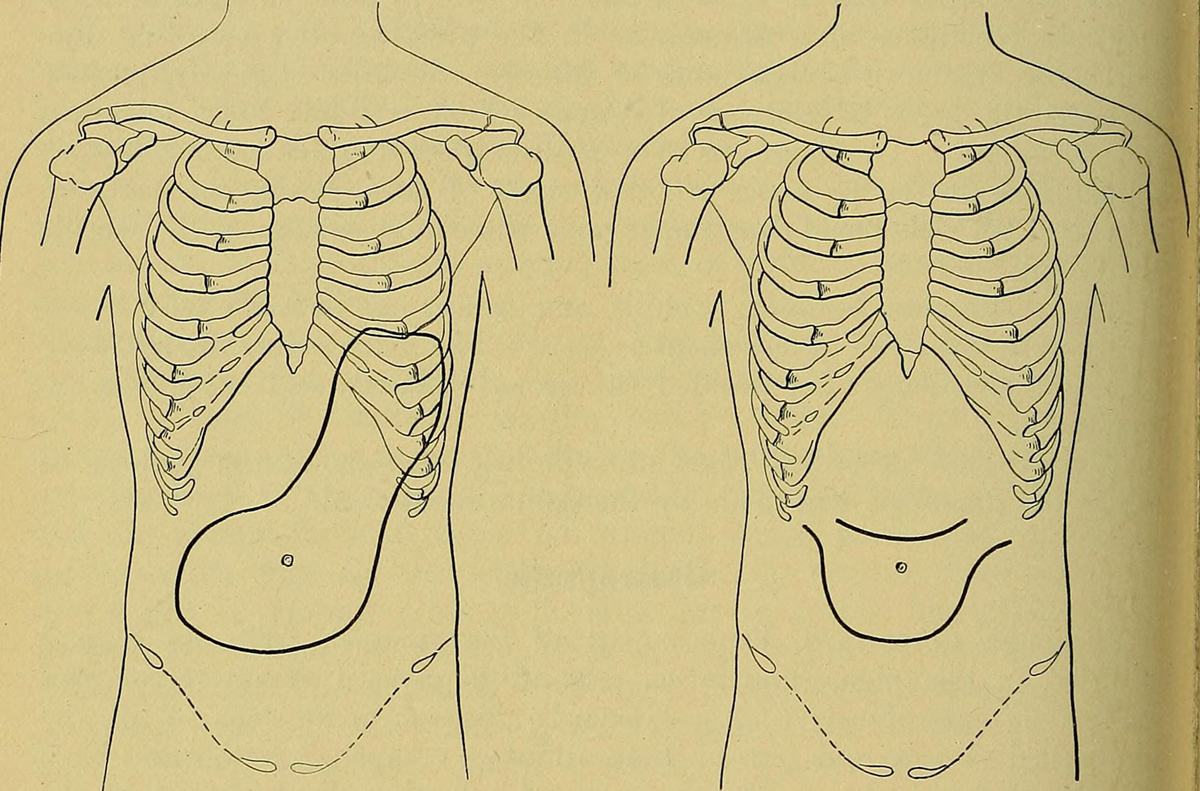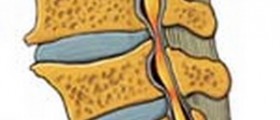
What is pyloric stenosis?
Pyloric stenosis or infantile hypertrophic pyloric stenosis is a condition characterized by frequent vomiting. It mostly affects babies and it is considered to be rare.
This condition affects the opening between the stomach and the small intestine called pylorus. In babies who suffer from pyloric stenosis the muscles of the pylorus are abnormally large and they prevent the food from the stomach from proceeding to the small intestine.
This condition causes vomiting and may lead to dehydration and weight loss.
Symptoms of pyloric stenosis
The first signs of this condition appear between three and five weeks after the baby is born. It is rare that pyloric stenosis appears in babies that are more than three months old.
While it is normal for babies to sometimes vomit a little frequent forceful projectile vomiting may be a sign of pyloric stenosis. Babies with this condition will throw up their food up to several feet of distance and this will usually happen within the 30 minutes after the feeding. At first the vomiting may be milder and progress towards more severe.
Because they are not able to hold down their food babies with pyloric stenosis are often hungry, especially after they have vomited.
The stomachs may contract, which looks like waves forming across the abdomen. This happens because the muscles of the abdomen are trying to force the food down the intestine.
One of the signs of this condition that may be dangerous for the baby’s heath is dehydration or loss of fluids, because the baby keeps expelling food and liquid through vomit. The signs of dehydration include crying without tears and general lethargy. There will also be less urine.
Changes in bowel movements are also possible. The stool may become smaller and less frequent and it may be liquid, green in color and containing some mucus.
Since the food is being expelled from the body prematurely and the body is unable to use all of the important nutrients. This condition may lead to weight loss in babies.
Diagnosing pyloric stenosis
After hearing about the symptoms doctor will probably do a set of exams to determine if the condition is question is pyloric stenosis. This condition requires urgent surgical procedures.
Exams commonly include taking the medical history a physical exam of the abdomen blood exam in which the electrolyte levels are observed an ultrasound and contrast X-ray exam.

















Your thoughts on this
Loading...